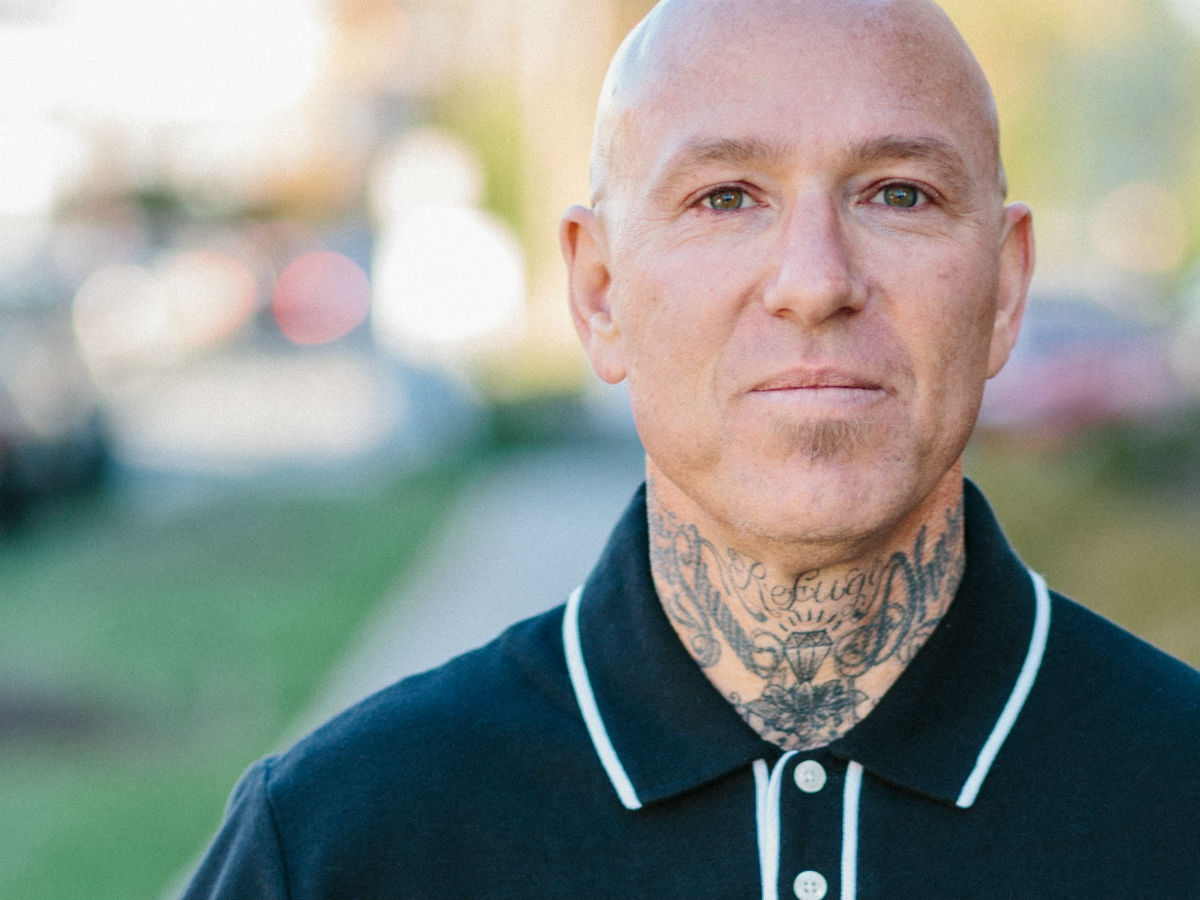Progress is an awkward, or even controversial, subject in Buddhism (or any other contemplative tradition). You don’t want to fall into “spiritual materialism,” or treating the path as a more reflective form of the rat race: instead of getting a flashier apartment to satisfy your ego, you do fancier meditations. So when I saw the punk rock dharma teacher Noah Levine speak at last week’s Summit conference in Los Angeles, I had to ask what spiritual progress means to him.
Levine—who has tattoos all over, the bearing of a monk, and has written books with titles like Against the Stream: A Buddhist Manual for Spiritual Revolutionaries—gave me a simple response. “Just suffering less,” he said. There are questions to be asked, he added: Are you suffering less than you did last year? Has your practice helped you relate to emotional pain more compassionately than you did before? Are you less self-centered and more generous, loving, and kind? The progress is gradual, he added, and you don’t really see it until you’re in the midst of some conflict or some loss, and you find yourself acting less reactively than you would have a year or so ago.
Levine speaks from experience. The son of Buddhist teacher Stephen Levine, Noah rebelled against the spiritual world he grew up in, opting instead for drugs and punk rock. He started smoking marijuana at age six and found himself doing alcohol detox in a padded cell in juvenile hall at age 17 before coming back to his meditation practices as a way out of dependence—a journey captured in his 2004 memoir Dharma Punx. Just like you can’t recover from problematic substance abuse in one go, you can’t gain the compassion of a saint overnight. It’s about committing to the practice, he said, and letting it work on you.
“We have to be careful of looking for the quick fix, the instant results, and getting disillusioned when there’s the feeling of ‘I’ve been doing this for three years and I’m still fighting myself or the world or whatever,’” he added. Give it five years, or a decade, and look back. “Almost always, if you’re doing transformative practices, you’ll see the transformation.”


